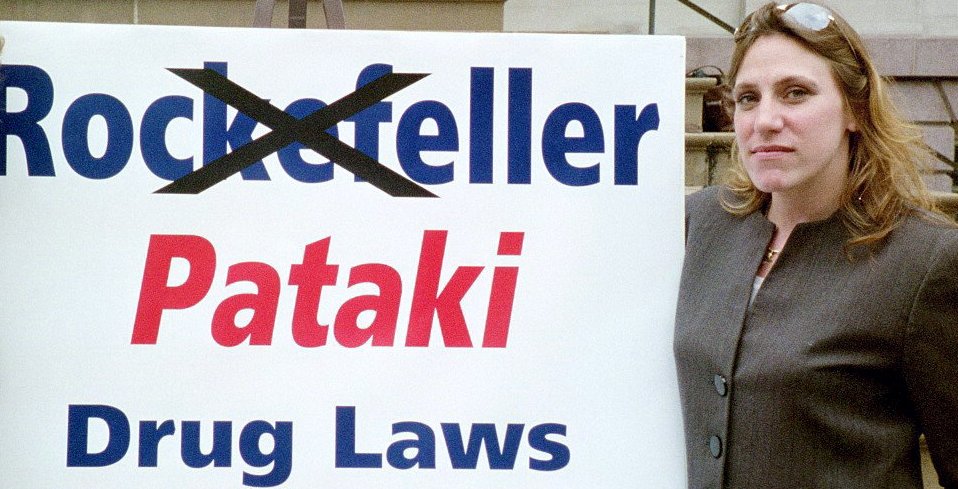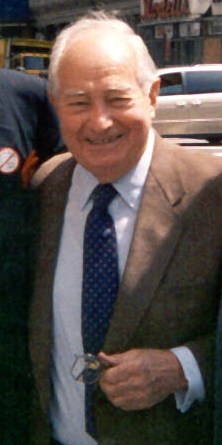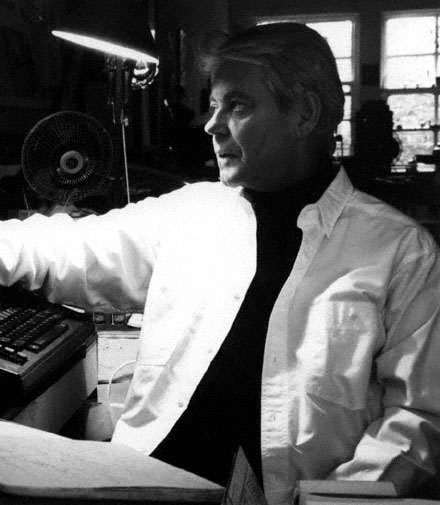

MEMORIAL TO THREE LEADERS THAT HAVE TOUCHED THE SPIRITS OF MANY LIVES THROUGH THEIR WORK
AL (Grandpa) Lewis & Veronica Flournoy & Fielding Dawson




Fielding Dawson
The PEN Prison Writing committee has established the
Fielding Dawson Memorial Award
The
PEN Prison Writing Committee has established the Fielding Dawson Memorial Award.
During the eleven years that Fielding served on the committee (five as
Chair), he advocated for recognition of writing submitted by prisoners to the
PEN Prison Writing Contest that did not qualify for an award in the contest.
The Fielding Dawson Memorial Award will be given annually to encourage
such a person to keep writing (with the assistance of a mentor assigned by the
committee) and to submit to the contest the following year.
Donations to the Fielding Dawson Memorial Award should be made to PEN American Center and sent to the Director of Planning and Development, PEN American Center, 568 Broadway, 4th Floor, New York, NY 10012. Please indicate that your tax-deductible contribution is to go to the Fielding Dawson Memorial Award.
By Anthony Papa
Fielding Dawson has died at
the age of 71. Fielding was a friend and mentor to many prisoners. He was a
former chairman and director of the PEN Prison Writing Committee and Workshop
Program. Dawson was a prolific writer, author of 22 books, whose work appeared
in newspapers, magazines and anthologies in the U.S. and abroad. He had a flair
for promoting social change that followed him throughout his life. This passion
became firmly implanted in him after he taught a writing workshop in Attica
Prison in 1984. It was there that he discovered the raw intuitive talent found
in the genre of prison writing. For the past 17 years, this maverick writer
taught the art of creative writing in prisons across the United States.
I met Fielding while serving a 15-to-life sentence for a drug conviction at
Sing Sing. I attended his writing workshops for five years and watched with awe
as he brought out the hidden talent that lays dormant in many prisoners. What
touched me most was the sincerity in his work and his relationships with us. He
put aside institution rules that prohibited volunteers to treat those
incarcerated as human beings. Fielding knew how important it was to bond with
his students and treated us all with great respect.
Fielding took his love of teaching and activism to the radio show he hosted
every Thursday morning on WBAI's Wake Up Call. On his show, titled Breaking Down
the Walls, he read letters, poetry, and even complaints about conditions by
prisoners. He enabled men and women to reach out to their communities for help.
He became a solid voice for prisoners, a tireless advocate who shared stories of
incarceration with his peers. This cost him dearly, stigmatizing himself, but he
did not care. His mission in life became what he wrote about, a compassionate
view of life in prison:
"Leaning forward beside a red geranium, in its pot on the window sill, I
looked out the window at the extraordinary landscape in the distance… There
was something mysterious and profound about the peacefulness of the empty prison
classrooms… tranquility seemed to hold a chance for the future, and a gleam of
hope. In soft light, maps and posters on the walls, for serenity, in a
beckoning, deep space inside this: go in and learn. People didn't know, too many
people didn't know what it meant, the reckless whiplash inside, after the state
cut education funding. That's where it hit! Right there! And those classrooms
stayed empty. No. People didn't know"
-No Man's Land
Fielding was a unique, caring man who gave many prisoners a chance to
discover themselves through creative expression. In 1995, the Sing Sing writing
workshop granted Fielding honorary convict status. He was thrilled with this and
wore the label proudly. Rest in peace, my friend.
Anthony Papa is an artist and a member of the Fortune News Editorial
Advisory Board. He chose his painting Metamorphosis to accompany this tribute
“because it is about change and transformation, which is what Fielding’s
work was all about.
AL "GRANDPA" LEWIS
Actor and activist Al Lewis died at the age of 82. In the acting world, he was best known for playing Grandpa on the Munsters. He was also a lifelong activist. He ran for New York Governor on the Green Party ticket and was a longtime radio host on Pacifica station WBAI.
Today we remember actor, radio host, and political activist "Grandpa" Al Lewis. He died Friday after years of failing health. There are conflicting reports over his age at the time of his death. He was thought to be 95 years old, but according to the Associated Press, his family now says he was in fact 82. Lewis was best known for his roles on two 1960s comedy series - as "Grandpa" on the "The Munsters" and Officer Leo Schnauzer on "Car 54, Where Are You." He was also a life-long political activist, and an outspoken critic of US policy at home and abroad. In 1998, he ran for Governor of New York, as the Green Party candidate against Governor George Pataki. He also took turns as a basketball scout; a restaurant owner in Greenwich Village; and a radio host on WBAI here in New York.
Grandpa Al's death was announced Saturday by WBAI program director Bernard White, during the same time-slot he used to host his weekly program. We're going to play an excerpt now from an interview Bernard White and I conducted with Grandpa Pal on Democracy Now!, on April 10, 1997. We pick up the interview where Grandpa Al about his early involvement in political activities. Here, he talks about the case of Ethel and Julius Rosenberg - the married couple convicted and executed for spying for the Soviet Union at the height of the McCarthy era in the 1950s.
-----------
Veronica Flournoy 1968 - 8/19/2007
|
It is with
great sadness that the family of Veronica Flournoy-Fleming announces her
passing after a long illness, on Sunday, August 19, 2008, at Central
Florida Memorial Hospital, Sanford. |
---------------
JUDGE JEROME MARKS 1916 - 3/9/2011
There are heroes and then there are heroes. My good friend Judge Jerry Marks, a former New York Supreme Court Justice, was a hero’s hero. On March 9, he died at age 95. Judge Marks had a long and distinguished career as a New York elected official and jurist. He served as state representative for six years beginning in 1963, and later as a Supreme Court Justice until he retired in 1992. In his retirement, Marks devoted his life to change New York's draconian Rockefeller drug laws and helped secure clemency for prisoners rotting away in prison for their roles in minor drug crimes.
I knew Judge Marks from my work as a Rockefeller Drug law activist and the tireless work he did to help Rock Law offenders receive their freedom. Both as a friend and a mentor, Judge Marks influenced me to follow his path to become a freedom fighter and to fight for justice for the marginalized and disenfranchised.
In 1999, New York Times columnist Bob Herbert wrote a beautiful piece titled “Angela’s Champion.” One of the cases that caught Justice Marks's attention in The New York Law Journal was that of Angela Thompson, who was arrested in 1988 at age 17 for selling two ounces of cocaine to an undercover cop. She had no previous record and was acting at the direction of her uncle and legal guardian, who was a drug dealer. Nevertheless, under the strict terms of the Rockefeller drug laws, Ms. Thompson was sentenced to 15 years to life in prison. When Judge Marks read about the case he knew it was a case of injustice and immediately began the process of successfully launching a campaign to acquire executive clemency for Angela from former New York Gov. George Pataki.
His close friends called him “The Judge.” He had a quick wit, even in his late years. He was also a poet and from time to time, especially in front of an audience; use to love to recite his often political laced poetry. Political comedian, Randy Credico, who recently ran against Sen. Charles Schumer, and I were honored to have dinner with The Judge every Friday night for years. We often discussed the concept of justice over a martini and he schooled us well. Credico, in remembering The Judge told me, “Judge Marks used his power to save rather than destroy lives and was the embodiment of the word justice. He was a servant and not the master of concept of justice. Unlike the men and women who wear robes who hypocritically pass judgment of the poor, the disaffected and the hopeless in the current base, corrupt and Kafkaesque world of criminal justice. Judge Marks served God's natural law rather than man's artificial law”.
Terrance Stevens’ case was another that Judge Marks took on. The Judge helped Stevens, who at the time of his arrest was paralyzed from muscular dystrophy, secure clemency from Gov. Pataki. But being confined to a wheel chair did not stop the State of New York from sentencing him to 15 years to life. The judge in Stevens’ case did not want to sentence him under the mandatory provisions of the law but he had no choice. While serving his sentence at Green Haven Correctional Facility in Stormville, an article appeared in the NY Times detailing Stevens’ plight. Judge Marks wrote him and a friendship developed, leading Marks to champion his cause.
Judge Jerry Marks had a great impact, not only on the people he helped but also the hundreds of lives that were saved through the Rockefeller reforms he advocated for. He is gone but his good deeds as a procurer of justice will let his spirit live on forever.
Judge Marks was the loving husband of Julie and the devoted father of Gail and the late Lorna and dear father-in-law of Neil and Joseph and cherished grandfather of Kyle, Kane and Casey. Funeral services will be held at Frank E. Campbell Funeral Home, 1076 Madison Avenue (81st St. NYC) on 3/13/11/ at 3:30pm.
Follow Anthony Papa on Twitter: www.twitter.com/AnthonyPapa
---------------
LUCY PAPA 1932- 2008
CAN'T FORGET MY MOTHER WHO PASSED AWAY AND WHO WHO STOOD BY ME FOR 12 YEARS WHEN I WAS IMPRISONED

Me and Mom / Sing Sing visiting room 1987